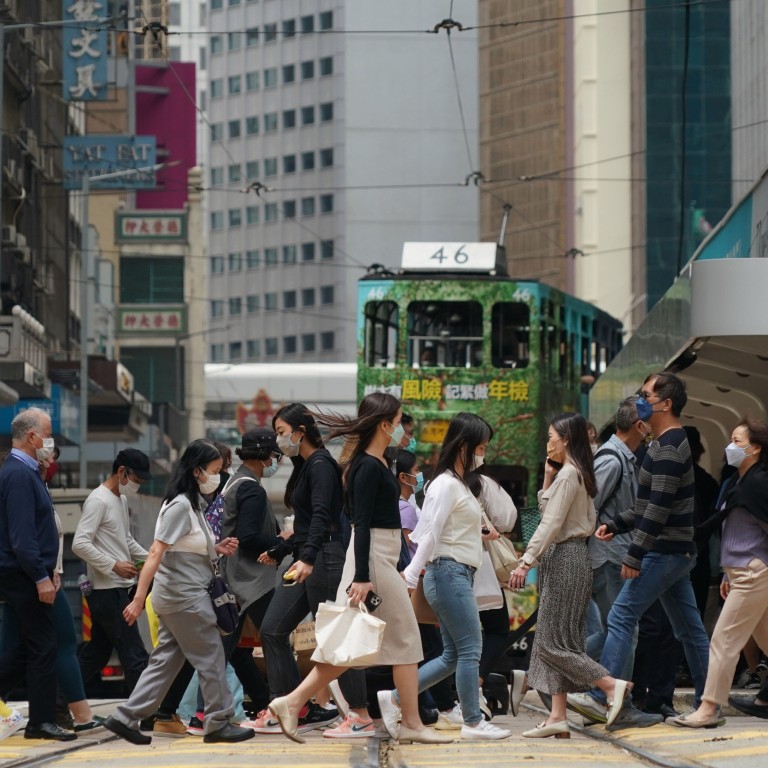
To keep talent, Hong Kong must become a truly inclusive, diverse society
- Policy measures may lure the talented to the city but to get them to stay, Hong Kong must make people of diverse backgrounds feel welcome
- It can start by bringing down the barriers for hidden talent in its small but growing ethnic minority community
As Hong Kong looks outwards, it is perhaps serendipitous that October is Global Diversity Awareness Month. As we compete against other economies in the region for talent from across the world, I cannot help but reflect on this month’s message on the critical importance of diversity and inclusion.
It is clear that diversity adds to the wealth of skills and creativity in Hong Kong. But we need to make sure the diversity that is brought in can thrive, by providing an inclusive and open environment.
Hong Kong must do more to build on the strength of its diversity
It is important to inculcate a societal mindset that is culturally inclusive and open, so that people of diverse backgrounds can feel welcome. Education from a young age, supported by strong public messaging, is necessary to help create a society that is accepting and respectful of differences.
As diversity and inclusion expert Verna Myers famously said: “Diversity is being invited to the party. Inclusion is being asked to dance.” While we work on the number of talented people we can attract to the city, we also need to pay equal attention to the intangible element of inclusion. For anyone to contribute productively, it is the intangible factors which become critical. How welcome do they feel? What is their experience when they shop or commute? Do they feel “othered”?
These are not simply “nice-to-haves”. They may well be the key differentiator as Hong Kong competes with other regions for top talent.
As it rolls out the welcome mat for overseas talent, it must also do better at bringing down barriers for the hidden talent at home who have not been able to realise their full potential – namely, its small, young and growing ethnic minority community. There is an opportunity here and one that would be inexpedient for Hong Kong to overlook in this economic climate.
Clearly, it takes time for mindsets to change and policy to achieve goals. However, the gains would be long-term. Hong Kong needs to position itself as an attractive place to live and work in. This has become a business and economic imperative. Let us use this opportunity to invest in building a society that values differences and become a world city in the truest sense.
Ricky Chu Man-kin is chairperson of the Hong Kong Equal Opportunities Commission


